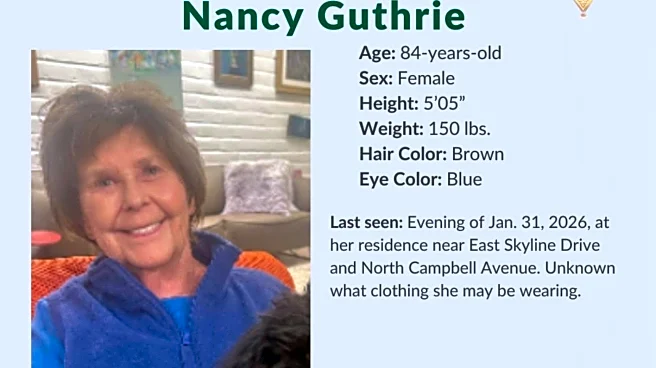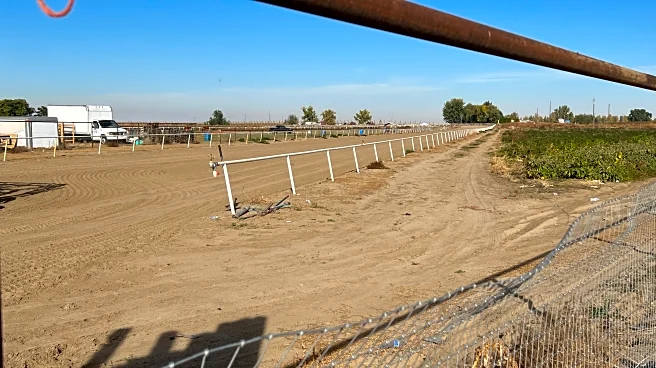Rapid Read • 8 min read
The United Nations and humanitarian agencies have raised alarms over a critical shortage of specialized therapeutic food in Gaza, essential for treating severely malnourished children. According to Salim Oweis, a UNICEF spokesperson, supplies of Ready-to-Use Therapeutic Food (RUTF) are expected to run out by mid-August if the situation remains unchanged. This shortage poses a severe threat to children already facing hunger and malnutrition. The World Health Organization has also confirmed that most malnutrition treatment supplies have been consumed, and remaining stocks will soon be depleted. The crisis is exacerbated by ongoing conflicts and blockades, which have hindered the delivery of essential supplies to the region.
AD
The impending food crisis in Gaza highlights the severe humanitarian challenges faced by the region, which could have broader implications for international relations and regional stability. The shortage of therapeutic food not only endangers the lives of thousands of children but also underscores the urgent need for international intervention and aid. The situation could lead to increased tensions between Israel and Palestine, drawing in global powers and potentially affecting diplomatic relations. The crisis also raises ethical concerns about the responsibility of the international community to prevent such humanitarian disasters.
Efforts to address the food shortage in Gaza may involve increased international pressure on Israel to allow more humanitarian aid into the region. Ceasefire talks between Hamas and Israel are expected to resume, which could potentially lead to improved conditions for aid delivery. The international community, including the United Nations, may need to step up diplomatic efforts to ensure that essential supplies reach those in need. Additionally, there may be calls for increased funding and support for humanitarian organizations working in the region.
The crisis in Gaza also highlights the long-term impacts of political conflicts on civilian populations, particularly vulnerable groups like children. The ethical implications of using food as a tool in political conflicts are significant, raising questions about the role of international law and human rights in conflict zones. The situation may prompt a reevaluation of international policies and strategies for addressing humanitarian crises in politically sensitive regions.
AD
More Stories You Might Enjoy












